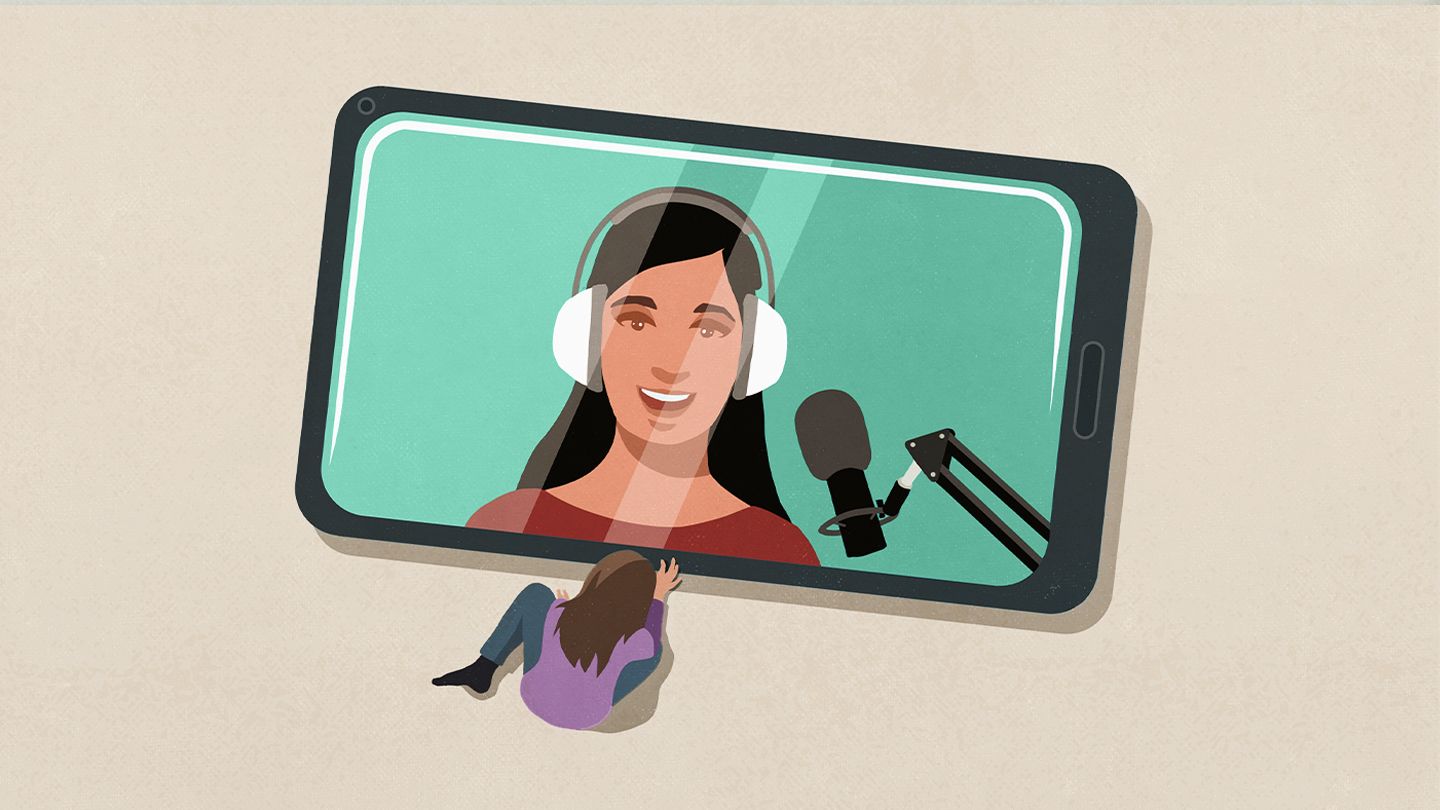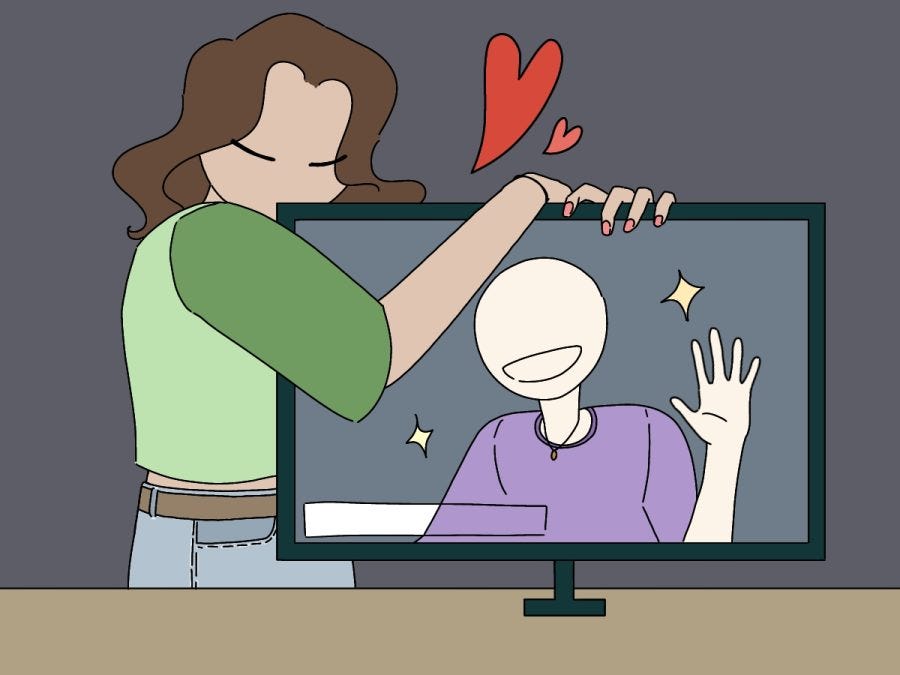If “rizz” and “brain-rot” were the Oxford Dictionary’s picks for word of the year in 2023 and 2024, maybe “parasocial” should be their pick for 2025. You would be hard-pressed to find someone who isn’t familiar with the personal lives of at least a few famous strangers, some of whom may know too much. At a time when people are lonelier than ever, it seems we’re increasingly looking inward – to our phones and the people who inhabit them – for the relationships that sustain us.
Parasocialism is the term used to describe a one-sided relationship, often with a famous figure, who usually remains unaware that their admirer exists. Often, a celebrity becomes the centre of fascination and is seen as the recipient of a perceived friendship or understanding.
It’s deceptively easy to form these connections with celebrities. One example is Taylor Swift, who openly invites the public to delve into her personal life in order to better understand her music. This has undoubtedly contributed to her fame: Swift’s fan base is one of the largest and most loyal. She shares so much of her life with her listeners that they see her less as a global pop star and more as a friend or big sister.
Swift also offers a glamorous distraction from the harsher realities of the world – why focus on global conflicts when you can look at her engagement photos instead? Perhaps that’s why she can get away without saying too much about the issues with significant consequences in the ‘real world’. Who cares about private jets when there are seventeen versions of the same album to dissect?
Celebrity life remains a delicate and extremely precise balancing act. On the one hand, anything you say can and will be used against you. Swift has used this defence, stating one reason she doesn’t speak about politics is to protect her fans’ safety.
On the other hand, when celebrities have such a widespread platform, their fans might feel like they should use it for what they perceive to be “good.” Swift has remained notably silent during instances where her fans have made racist remarks about other celebrities in her defence and in global debates, despite some forays into the political sphere previously.
Some prefer celebrities to stay out of politics and keep things light, while others want them to get involved. The sentiment is that those with wealth and power suffer far less damage than ordinary citizens when speaking out about the causes they believe in. In a world that is so chaotic, polarised, and often distressing, it seems celebrities should at least act according to strong morals as the comforting figures they are to many people.
In contrast to Swift, Charlie Kirk was outspoken about his politics, yet he built a similar parasocial bond with his supporters. He travelled across the U.S. debating students, using provocative and sometimes hateful rhetoric. His death on September 10th shocked the U.S. and beyond. Prime Minister Keir Starmer paid tribute on X, stating, “We must all be free to debate openly and freely without fear – there can be no justification for political violence.”
While Starmer rightly condemns the so-called style of ‘vigilante justice’ in a civilised democracy, some argue Kirk himself contributed to the propagation of political violence, even after his death. His assassinations sparked anger on the political right, with supporters viewing him as a martyr, victimised by leftist radicalism and hatred. Figures like Donald Trump have even gone as far as to call for retribution. Online, Kirk’s supporters, even those without personal ties, advocate for their own personal revenge
Parasocialism can blind us to the fact that celebrities have only tangential relationships with individual fans. Seeing them daily on our phones doesn’t make them inherently good or bad, friends or foes. We must remember celebrities aren’t the all-knowing figures we paint them out to be, and they don’t automatically possess a superior moral compass.
A true friend would advise you to think for yourself. The next time you find yourself imitating a celebrity – whether it’s their opinions, fashion, or lifestyle – ask yourself: does this truly reflect who you want to be?
Another article you may enjoy: https://thebadgeronline.com/2025/11/why-im-having-a-breast-reduction/


